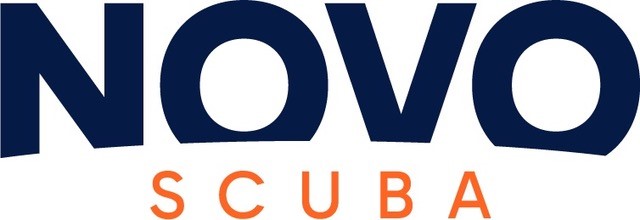News
Why Continuing Your Dive Training Is Important
I will admit to having writers block more often than my lucid moments. I will usually be plodding along underwater blowing bubbles to myself and suddenly inspiration will come to me. Before I know it the turtle I have just swam into will distract my attention interrupting the transition of that inspiration to my long term memory, and I am merely left with an ‘I’m sure there was something I needed to remember’ moment. However sitting back and thinking about what I have got up to this last month, I realized that I have done quite a bit of teaching over many different levels of certification.
When I am teaching, I tend to refer to old stories and stories of friends when describing situations or ways you can do things, and it got me thinking about a few friends I have made during my dive travels. A lot of the divers I have met are certified as Open Water divers. This is the entry level SCUBA certification, and this is where most people will stop their dive training. I know plenty of people with hundreds of dives, but they were only ever interested in being open water certified.
From this though I thought-bubbled on to a conversation I had with a PADI Course Director back in February. He talked about how important continuing your dive education is. Even at the professional level, he said that he felt people should continue to take part in specialty courses because it makes you more knowledgeable and well rounded as a diver. After this conversation I went back and looked through my certification cards, and there are quite a few, but in this stack of plastic there are only 4 distinctive dive specialty cards.
Most divers are aware of the fact that there are many different dive training agencies; PADI, SSI, TDI, BSAC, CMAS and NAUI to name just a few, but all of these agencies follow the same standards set down by the powers of the Recreational SCUBA Training Council (RSTC). This wasn’t always the case.
Rewind back some decades to the 1950’s when SCUBA diving was starting to become a sport people were interested in doing recreationally. TV shows took images of the colour and beauty of the underwater realm straight into people’s living space. SCUBA diving courses were taught over many weeks, with an almost military attitude and this was fine for people who had the time to spend learning in this style. But a revolution happened when some agencies decided to break down these long intensive courses into smaller almost bite size pieces. I don’t know if they were the first, but PADI were definitely one of the most successful agencies in marketing this teaching style. And thus the Open Water, Advanced Open Water, and Rescue diver courses were born.
Returning to present day, it is almost accepted that dive courses are broken down in this way, to allow people to learn on holiday, fit it in around work, and progress at a pace they are comfortable with. There are still some slight differences, some agencies will add a little bit more basic rescue earlier on, but for the most part, they are all very similar.
I am a PADI instructor. I am PADI, not for any elitist attitude as some will say, but the dive shop I started my training through was PADI. I don’t teach for any other agencies, it is just something that I have never needed to do, and because of that I am not going to pretend to know the inner workings of these other agencies, but it can be very upsetting when you sometimes hear other agency professionals, and professionals within PADI, talking in a negative way. It’s not something I like, but almost every diver has heard the term ‘Put Another Dollar In’. This comes back to PADI’s success at marketing these small courses, and other people not agreeing. Seems to be working so far however. But because of this negative talk circulating around student divers, you may find a lot not inclined to pay for another course.
PADI to date has certified over 20 million divers worldwide. This seems like a huge number, but not all of these divers are active divers. The average open water diver will stop diving before they reach 25 dives. So while I had friends who have so many dives as open water divers, they are in the minority.
Ok so if you haven’t guessed what I am trying to write about is continuing education in diving. If you imagine a target, a series of concentric circles expanding from a center point. This is what many instructors may refer to as the ‘Target of Awareness’.
At the center point of the target you have divers who have just completed their Open Water course. Their first experiences of breathing underwater, and all of the magic and nerves that these moments can create. They are focused on themselves and becoming more comfortable in the water, learning to apply everything they have learnt in their course. I won’t pretend that I was the most amazing diver straight out of my course. I was just focused on me and making sure that my buddy wasn’t too far away. It probably took me close to 15-20 dives to start to really enjoy being underwater and not be so focused on my diving skills.
Moving a step out from the center you have divers who have a little bit more experience and are more comfortable in the water. Ready to develop new skills you have the Advanced Open Water course. This is when instructors can start to task load students, giving them skills to complete underwater such as navigation, peak buoyancy, search and recovery of objects. While you may find a lot of divers will transition from their open water straight into their advanced course, this is a step that they will gain most benefit from when they are no longer thinking so much about simply breathing and being underwater. Not only does this course teach divers skills that, while not immediately necessary in a lot of situations, are extremely useful, but the Advanced Open Water course helps to improve confidence in the water through the use of these skills. I’m sure a diver with more of an understanding of underwater navigation is going to be more comfortable grabbing a buddy and going to explore a shore diving site.
Take another step further away from the center and you reach the rescue diver course. Divers and now comfortable in the water, and they have been task loaded. This level now expands their awareness beyond themselves and to other divers. Learning how to read situations to prevent dive emergencies from happening, or if they happen, how to control the situation and make a successful recovery. When you break it down and look at the levels, this is the first point at which divers really stop and start to have this expanded view of the diving world. I loved my rescue course. It was in cold water, it was raining, the visibility was low and my victim was three times my size. I would not take back a single moment of it! It was hard and I was tired at the end, but I learnt so much from my instructor. Now that I am teaching in warm waters, there are some things that are going to make doing rescue courses a little bit more comfortable, but I am still just as demanding on my students to get things perfect, while making sure they are that satisfied kind of tired at the end of the day. Rescue is hard and fun, just as long as you are ready for it.
The final step, just under professional divers, on the ‘Target of Awareness’ is what PADI titles a Master SCUBA diver. And in my long-winded kind of way, this is where I was trying to get to. A Master SCUBA Diver is a rescue diver, with experience and comfort in the water, and a diver who has completed at least 5 different distinctive specialty courses. PADI recognizes the experience and knowledge that these divers have with the Master SCUBA Diver rating. They recognize the work that these divers have put into their diving careers, and acknowledge that they are able to step back and observe the big picture, enjoy being in the water, but be ready to respond to anything and everything.
As a professional I simply dismissed the idea of continuing to take courses that weren’t on a professional level, but what I realized through my conversation back in February, is how I am going to be able to teach a topic as a professional, if I have never done it as just a diver. So I have my four distinctive specialty cards, now I just have to decide what to do for my 5th. I encourage every diver, recreational and professional, if you haven’t already, join me in becoming a Master SCUBA Diver, and get to ‘Meet people, go places and do things!’.
Blogs
EXCLUSIVE: Jeff Goodman interviews Mark Spiers, CEO of New Scuba Diving Training Agency NovoScuba
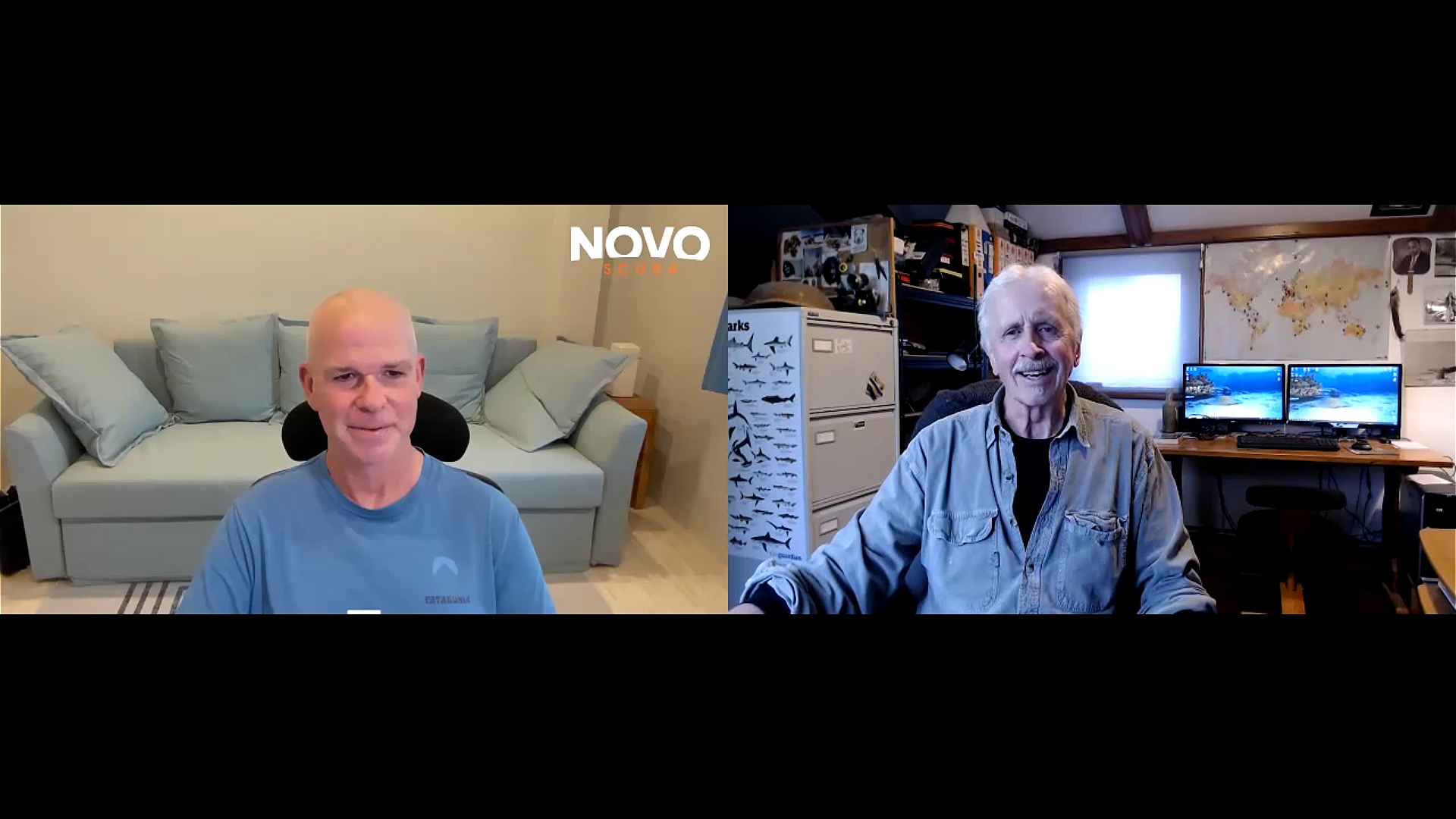
In a video recorded exclusively for Scubaverse.com, Jeff Goodman interviews Mark Spiers, CEO of new scuba diving training agency NovoScuba.
Find out more about NovoScuba at www.novoscuba.com.
News
Charting New Waters; NovoScuba Goes Global with the Launch of their Revolutionary Dive Training Agency!
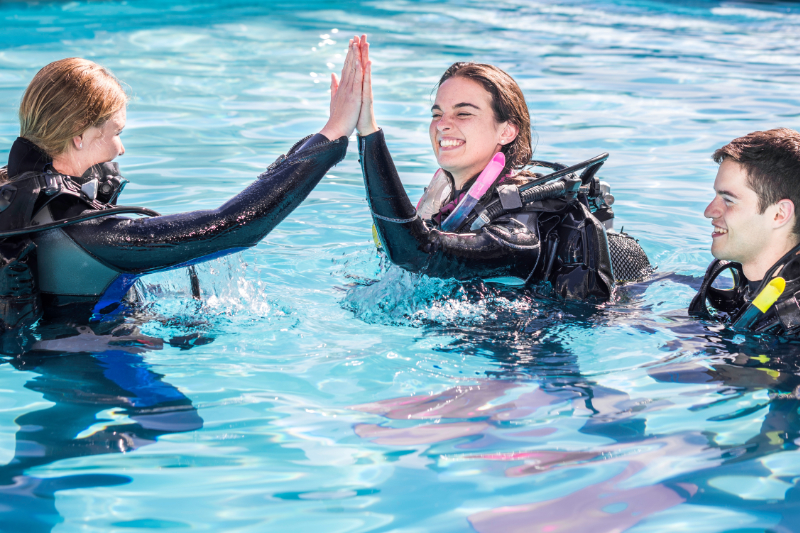
Discover a New Era of Dive Education: NovoScuba Brings Innovation to the Surface! Fully ISO Certified and Equipped with Cutting-Edge Technology.
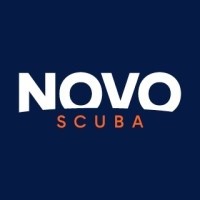 With a combined experience spanning over a century in the diving industry, a team of accomplished dive store owners, managers, and professionals unveils NovoScuba, a ground-breaking dive training agency poised to redefine the benchmarks of underwater education. Launching in May 2024, NovoScuba promises a revolutionary approach to dive training. Their vision is to make diving accessible to everyone, share success within the dive community and emphasise positive interactions with the planet.
With a combined experience spanning over a century in the diving industry, a team of accomplished dive store owners, managers, and professionals unveils NovoScuba, a ground-breaking dive training agency poised to redefine the benchmarks of underwater education. Launching in May 2024, NovoScuba promises a revolutionary approach to dive training. Their vision is to make diving accessible to everyone, share success within the dive community and emphasise positive interactions with the planet.
NovoScuba’s global debut marks a significant milestone in the dive industry. Driven by a vision to challenge convention and harness the power of technology, NovoScuba aims to revolutionise the dive training landscape through its innovative business model, which is digitally native, making it the most technologically advanced dive training agency to date.
“We recognised the need for change in the dive training industry and saw an opportunity to leverage technology, and redefine existing business models to create something truly innovative,” said Mark Spiers, CEO of NovoScuba.
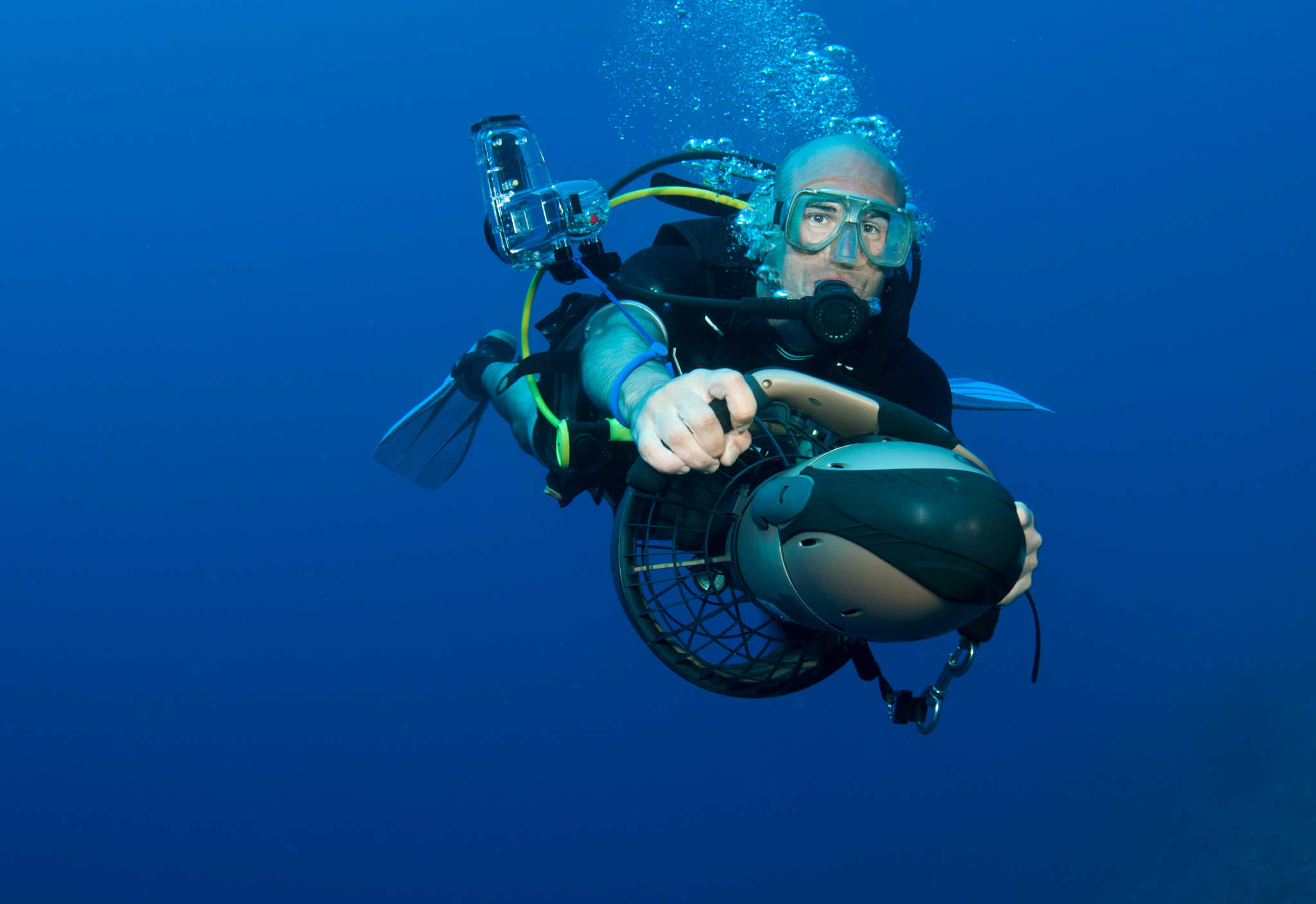
NovoScuba’s platform offers state of the art training programmes ranging from introductory up to professional diving, including various specialties. All programmes meet international standards and ISO certifications are in place. This commitment to shared success, accessibility and positive results for the planet, all at a cost effective and affordable level, is what will make NovoScuba stand out.
“Our deep understanding of traditional pain points for the industry, combined with our digitally native approach positions NovoScuba as a game-changer in dive education. Offering unparalleled initiatives such as student subscription, open access to all course materials, pay as you certify, no stock required, monthly membership payments, payment in local currencies, one-click certifications, and membership freezing, NovoScuba is set to redefine the industry. Available in 13 languages, at launch, the NovoScuba courses are written for the modern divers, with a focus on up-to-date content, interactive learning, and an engaging platform,” Mark Spiers concluded.
NovoScuba is challenging a change in the industry, redefining established traditional systems, and ushering in a new standard of excellence, support, and partnership. Their collaborations with dive stores, pros and underwater enthusiasts won’t demand exclusivity, prioritising earned loyalty, and an understanding that their Member’s success is key to their own.
NovoScuba
Diving Redefined.
-

 News3 months ago
News3 months agoCapturing Critters in Lembeh Underwater Photography Workshop 2024: Event Roundup
-

 Marine Life & Conservation Blogs3 months ago
Marine Life & Conservation Blogs3 months agoCreature Feature: Swell Sharks
-

 Blogs2 months ago
Blogs2 months agoMurex Resorts: Passport to Paradise!
-

 Blogs2 months ago
Blogs2 months agoDiver Discovering Whale Skeletons Beneath Ice Judged World’s Best Underwater Photograph
-

 Gear Reviews3 weeks ago
Gear Reviews3 weeks agoGEAR REVIEW – Revolutionising Diving Comfort: The Sharkskin T2 Chillproof Suit
-

 Gear Reviews3 months ago
Gear Reviews3 months agoGear Review: Oceanic+ Dive Housing for iPhone
-

 Marine Life & Conservation2 months ago
Marine Life & Conservation2 months agoSave the Manatee Club launches brand new webcams at Silver Springs State Park, Florida
-

 News2 months ago
News2 months agoPADI Teams Up with Wellness Brand Neuro to Drive Ocean Change and Create a Blue State of Mind



